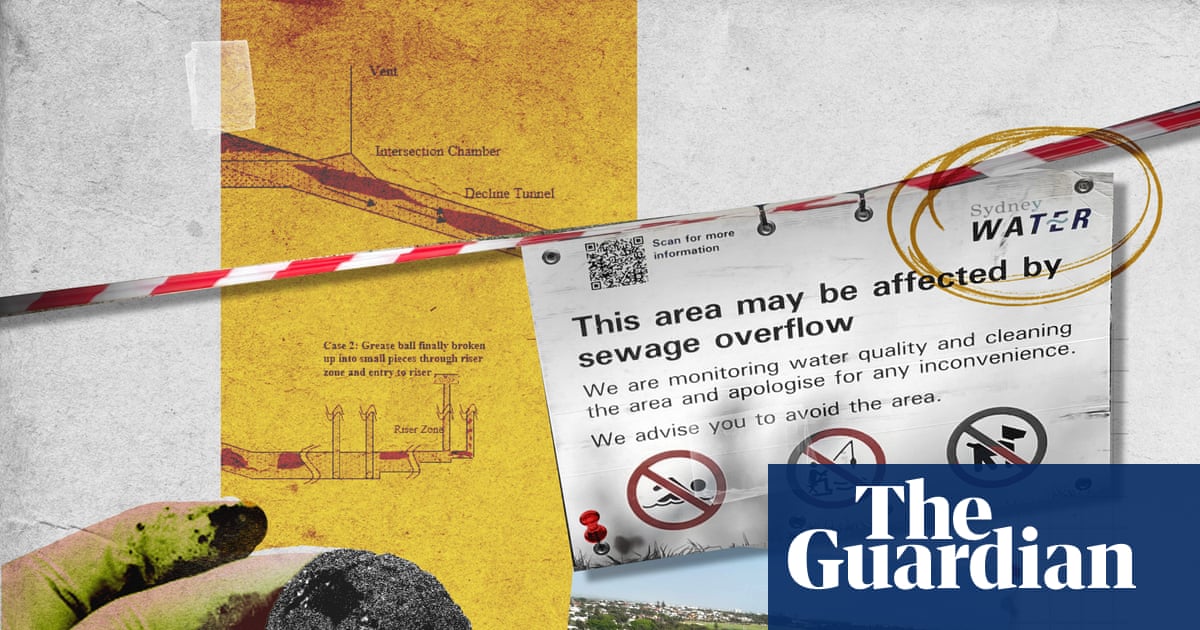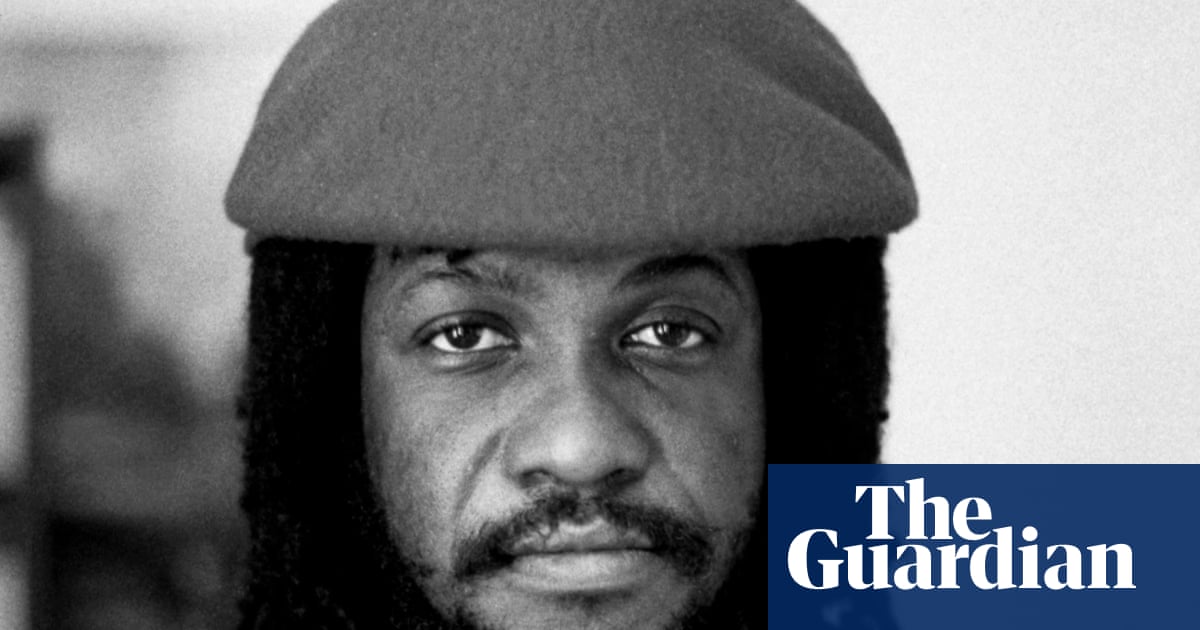On my first day in Baghdad, after the mortar fire had subsided, I made my way to my office in the Republican Palace and set about the first task I had been given: writing a new policy for the Iraqi police on pregnant officers. To be clear, I was 26 and knew nothing about policing, nor about pregnancy, nor, for that matter, about Iraq, but I was part of the Coalition Provisional Authority – the American government that had been imposed after the war – and this policy, I was told, was what Iraq needed.
Five years later, I found myself sitting in a plush hotel suite in Jerusalem, as Tony Blair – one of the architects of the Iraq war, but now the quartet special envoy for the Israeli-Palestinian “peace process”, waxed lyrical on the economic growth that was occurring in the Palestinian city of Jenin. Having spent a significant amount of time the day before negotiating the myriad of Israeli military checkpoints that separated Jenin’s dusty streets from the five-star German Colony Hotel where we were meeting, I could not square Blair’s impression with my own reality.
And yet here we are again, in 2025, talking about a western occupational government imposed on a region of the Middle East – and one led by Blair, no less – complete with the same old visions of economic prosperity disconnected from the realities on the ground or the rights of the people.
It will not work, and it should not be trusted.
First, and most fundamentally, there is the question of legitimacy and local ownership. Self-determination is not just a right under the UN Charter – it is a fundamental desire of all peoples to shape their own affairs, and to build their own societies. The imposition of governance from the outside – a colonialist venture with a long history premised on the extraction of wealth through the repression of freedom – is simply not a sustainable path to a stable politics, because it is by nature lacking in popular support or buy-in, and incapable of an accurate and sufficiently nuanced understanding of local culture and dynamics. A Blair-led government of Gaza would, just like the American government of Iraq, be an incompatible transplant that would be rejected by the body, leading to a cycle of violence and escalation that is entirely avoidable and in no one’s interest.
Well, almost no one’s interest. Blair’s partner in this enterprise, Jared Kushner, is, like America’s chief negotiator, Stephen Witkoff, and, indeed, Donald Trump himself, a real estate developer at heart. In Gaza, Kushner does not see a thriving and vibrant culture whose history coincides with the rise of the pyramids. Rather, he sees only what Israel is creating with American weapons: a flattened ruin on a prime piece of coastland – a beachfront parking lot ready for redevelopment. In this economic fantasy, the people and politics of Gaza are a simple distraction from the opportunity to profit.
In the face of the devastation we now see, such visions are not unattractive. Why speak of a Gaza rebuilt for and by Palestinians, when a shining riviera could offer the same people a share in the prosperity that has risen from the unimagined overnight cities that have materialized on shorelines around the Middle East? This proposal is given a pragmatic boost by Israel’s own insistence that it will not countenance a Palestinian state or Palestinian control of Gaza, and the knowledge from recent experience that anything Israel does not will to happen in besieged Gaza – any construction materials, any reconstruction – cannot happen.
But the world does not have to play along with this sugar-coated neocolonialism. The Egyptian-led Arab Plan for Gaza lays out a clear alternative: a technocratic Palestinian interim government leading to a restoration of a democratically elected Palestinian government, and a reconstruction of Gaza that is designed, led, and implemented by the Palestinian people.
Such an approach might not maximize Gaza’s investment profitability. And it would deny Blair his restoration from consultant to ruler. But history – indeed, very recent history – shows that the Kushner-Blair proposal is not only a moral atrocity, but a policy one, too. Thousands of Palestinians remain buried under the rubble of Gaza – and yet thousands more yearn to rebuild it. You cannot build a riviera on the bones of the dead. And you cannot build an occupation on the aspirations of the living.
-
Josh Paul served as a national aecurity consultant in the Coalition Provisional Authority for Iraq, a security sector governance adviser to the US security coordinator for Israel and the Palestinian territories, and now leads Washington DC-based non-profit advocacy group A New Policy

 3 months ago
53
3 months ago
53

















































